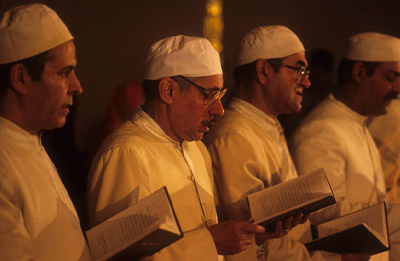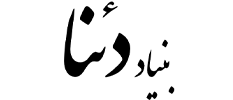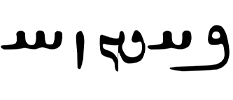
نوشته آزمایشی دو ستونه پارسیگ
The Āyādgār ī Vazurgmihr is the only text of the wise counsellor of Husrō (531-579) that, in spite of some lacunae, has survived in its original Pārsīg language. It is in the form of questions and answers, most of which are “comparative”. There is one folio missing at the end of the text.
pārsīg
ped nām ī yazdān
jadag ī nēk bavād hān ī veh ped tan ruvān ud xvāstag!
ēdōn bavād!
(5) mardōm kadār farroxdar?
(6) hān ī avināhdar.
(7) kē avināhdar?
(8) hān kē ped dād ī yazdān rāsttar ēsted, ud az dād ī dēvān vēš pahrēzed.
(9) kadār dād ī yazdān ud kadār dād ī dēvān?
(10) dād ī yazdān vehīh, ud dād ī dēvān vattarīh.
(11) cē vehīh ud cē vattarīh?
(12) vehīh humat ud hūxt ud huvaršt, ud vattarīh dušmat ud dušūxt ud dušvaršt.
English
In the name of the Gods
May it be good fortune! May (you) be good in body and soul and wealth!
May it be so!
(5) Which man is more fortunate?
(6) He who is more sinless.
(7) Who is more sinless?
(8) He who is more abiding by the law of the Yazata and more refraining from the law of the Daēva.
(9) Which is the law of the Yazata and which of the Daēva?
(10) The law of the Yazata is good and the law of the Daēva evil.
(11) What is good and what is evil?
(12) Good is Humata (good thought), Hūxta (good word), and Hvaršta (good deed); evil is Dušmata (bad thought), Dužūxta (bad word), and Dužvaršta (bad deed).

